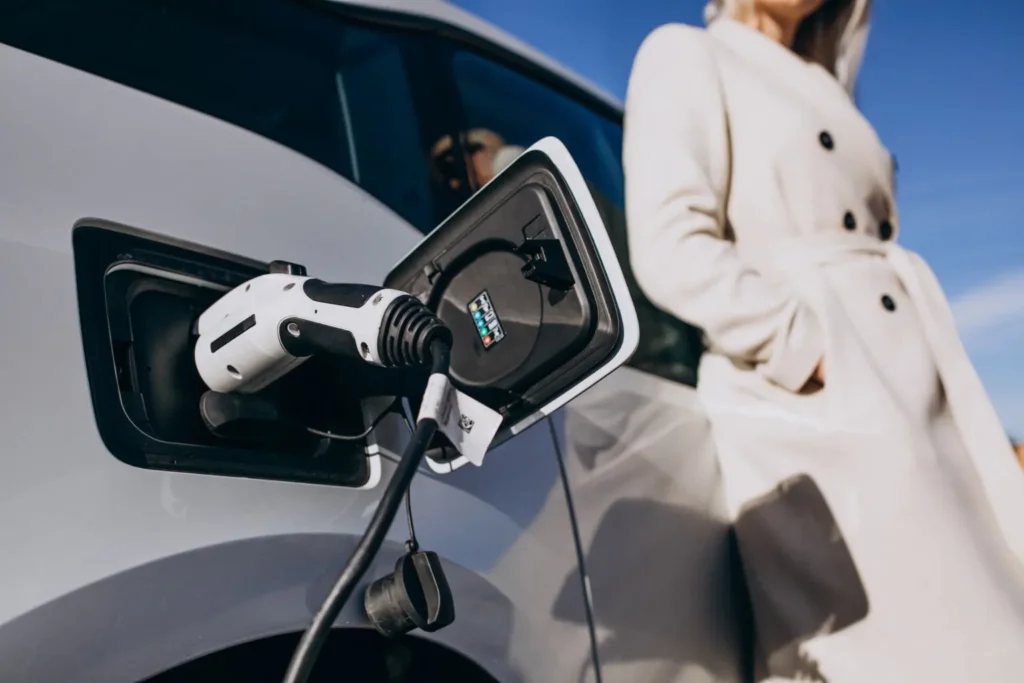The charging infrastructure should be designed to enable charging of cars every 60 kilometers and refueling of hydrogen every 100 kilometers. All this in order for the European Union to achieve climate neutrality by 2050. These are the main demands of European parliamentarians.
The Transportation and Tourism Committee approved a project for the deployment of alternative fuel infrastructure (with 36 votes in favor, 2 against and 6 abstentions). It aims to stimulate the implementation of hydrogen charging and refueling stations for cars, trucks, trains and planes, and to support the promotion of sustainable vehicles.
Mandatory goals for charging/tanking stations
MEPs have agreed to set minimum mandatory national guidelines for the implementation of alternative fuel infrastructure. For this purpose, they will ask European Union countries to submit a plan for the implementation of the guidelines by 2024. This also applies to Poland.
According to the approved postulates, charging stations for electric cars would have to be deployed at least every 60 kilometers along the European Union’s main roads by 2026. For heavy vehicles and buses, the same requirements would apply by 2026, but only on TEN-T (Trans-European Transport Networks) core networks.
Permitted exceptions
MEPs also want charging stations designed for trucks in the „secure parking” to be deployed sooner: two charging stations from 2028 instead of only one from 2031. – as proposed by the Commission. There would be exceptions in all cases. These would apply to peripheral regions, islands and roads with very low traffic.
MEPs also suggest setting up more hydrogen refueling stations along the European Union’s main roads compared to the Commission’s proposal (every 100 kilometers instead of 150 kilometers), and carrying this out earlier, that is by 2028 rather than the assumed 2031.
– Sustainable alternative fuels and the development of their infrastructure play a key role in the transition to the successful decarbonization of the transportation sector. Faster expansion of charging infrastructure makes it easier for people and industry to transition to climate-friendly mobility, said EP rapporteur on alternative fuel infrastructure Ismail Ertug (S&D, DE).
Recommendations: simple charging
Another aspect raised was fees. Users of alternative fuel vehicles should be able to easily pay for the service. The price should be displayed per kWh or per kg. MEPs also want an EU alternative fuel data access point to be established by 2027, which will provide information on availability, waiting times and prices at different stations.
Once the European Parliament as a whole approves the draft negotiating position at the second plenary session in October, MEPs will be ready to begin talks on the final shape of the legislation.
